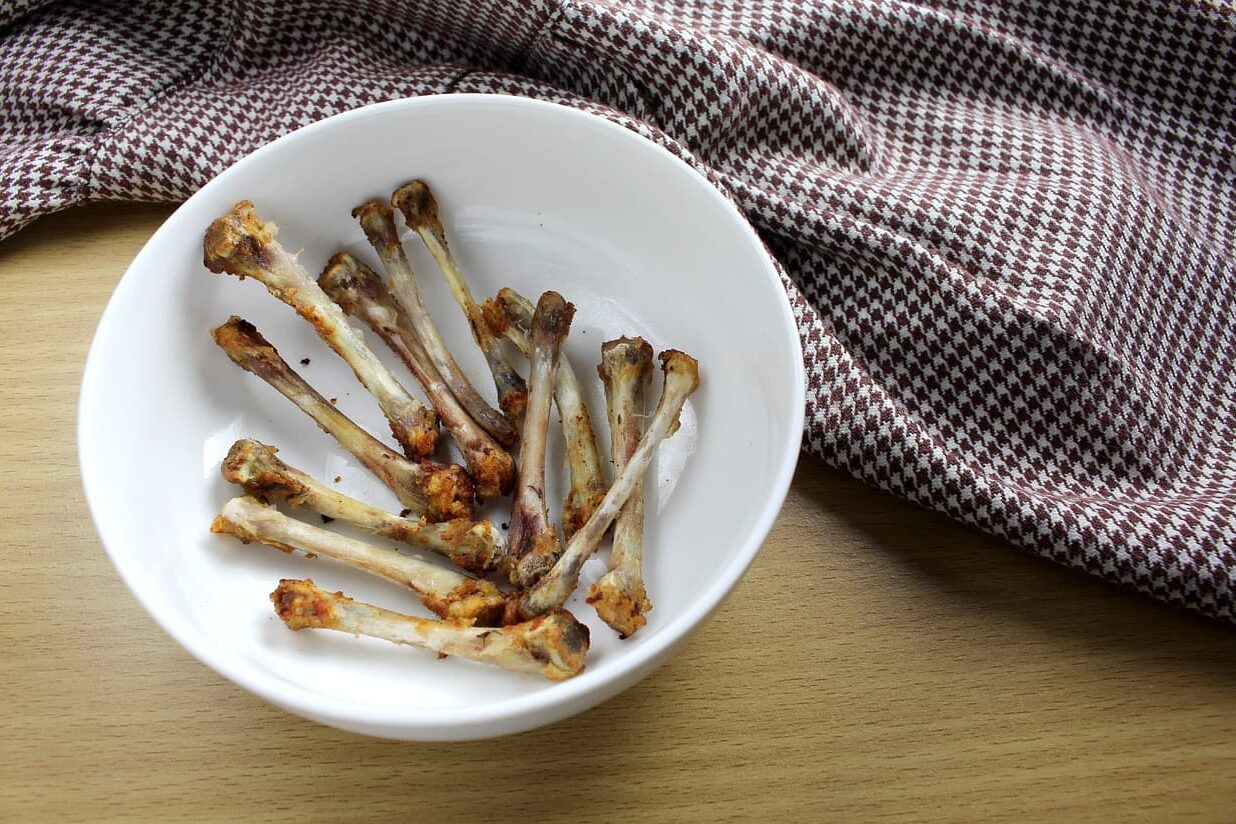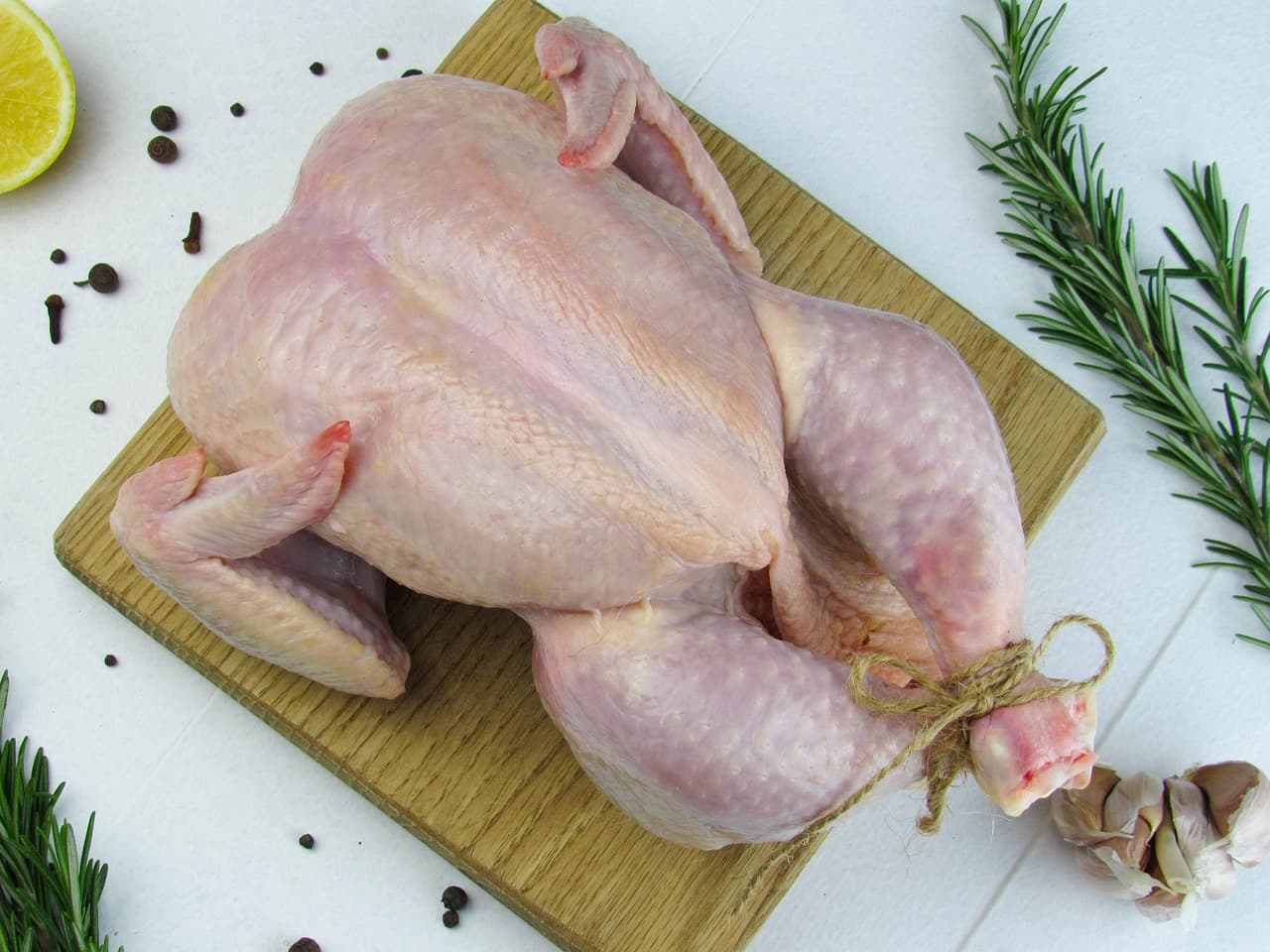As a devoted cat owner, you’re always looking out for your feline companion’s well-being. Yet, amidst the endless array of pet food options, you find yourself pondering a crucial question: can cats eat chicken? The uncertainty gnaws at you, leaving you eager to uncover the truth behind this dietary dilemma.
Perhaps you’ve heard conflicting opinions from fellow pet owners or stumbled upon contradictory information online. The ambiguity surrounding cats and chicken leaves you feeling perplexed and anxious.
You worry about making the wrong choice and inadvertently putting your beloved cat’s health at risk. Are there hidden dangers lurking beneath the surface? Could feeding your cat chicken lead to unforeseen consequences? These doubts nag at you, fueling your desire for clarity and guidance.
but don’t be Fear , for you’ve come to the right place. In this comprehensive blog post, we’ll navigate through the maze of misinformation to provide you with expert insights and reliable answers.
We’ll explore the intricacies of feline nutrition and delve into the potential benefits of chicken for your cat’s diet. Armed with this knowledge, you’ll gain the confidence to make informed decisions about your cat’s culinary choices.
So, let’s embark on this enlightening journey together and uncover the truth behind the age-old question: do cats enjoy eating chicken?
Do Cats Like Chicken?
Cats are notorious for being picky eaters, but many of them do have a penchant for poultry. The texture and flavor of chicken often appeal to cats, making it a popular choice among pet owners when it comes to offering treats or supplementary meals.
Is Chicken Good for Cats?
Chicken can offer several nutritional benefits for cats. It’s a lean source of protein, which is essential for maintaining healthy muscles and supporting overall growth and development in felines. Additionally, chicken contains vital nutrients such as vitamins B6 and B12, niacin, and phosphorus, which are important for a cat’s overall well-being.
Can Cats Eat Chicken Bones?

While cats may enjoy chewing on bones, it’s generally not recommended to feed them chicken bones. Cooked chicken bones can splinter easily, posing a choking hazard or causing internal injuries to your cat’s digestive tract. It’s best to err on the side of caution and avoid offering bones altogether.
How Much Chicken Can I Give My Cat?
When it comes to feeding chicken to your cat, moderation is key. While chicken can be a healthy addition to your cat’s diet, it should be offered in small quantities and as part of a balanced diet. Too much chicken can lead to nutritional imbalances or digestive upset in cats.
Health Benefits of Chicken for Cats
Incorporating chicken into your cat’s diet can provide various health benefits. The protein content in chicken helps to support muscle maintenance and repair, while essential nutrients contribute to overall vitality and immune function. Additionally, the amino acids found in chicken are crucial for promoting healthy skin and a glossy coat in cats.
Potential Risks of Chicken for Cats: Understanding Possible Concerns
While chicken can offer numerous health benefits for cats, there are also potential risks to consider. Some cats may be allergic to chicken or develop sensitivities to certain proteins found in poultry. Additionally, improperly prepared chicken or bones can pose hazards to your cat’s health if ingested.
Can I Feed My Cat Cooked Chicken Daily? Dietary Considerations
Just like cooked fish, cooked chicken can also be a healthy treat for your cat, it shouldn’t make up the entirety of their diet. Cats require a balanced diet that includes a variety of protein sources, vitamins, and minerals to meet their nutritional needs. Feeding cooked chicken daily could lead to deficiencies in other essential nutrients.
Can Cats Eat Raw Chicken?

source: pixabay
Some pet owners opt to feed their cats a raw diet, which may include raw chicken. While cats in the wild may consume raw meat, there are risks associated with feeding raw chicken to domesticated cats. Raw chicken can harbor harmful bacteria such as Salmonella or E. coli, which can pose health risks to cats and their human companions.
Things to Keep in Mind While Preparing Raw Chicken for Cats
If you choose to feed your cat raw chicken, it’s essential to take precautions to minimize the risk of bacterial contamination. Always handle raw chicken with care, keeping it separate from other foods, and wash your hands thoroughly after handling. Additionally, consider consulting with a veterinarian or pet nutritionist to ensure that your cat’s raw diet is properly balanced and meets their nutritional requirements.
Introducing Chicken to Your Cat’s Diet
When introducing chicken to your cat’s diet for the first time, it’s essential to do so gradually. Start by offering small pieces of cooked, boneless chicken as a treat and observe your cat’s reaction. If they tolerate it well, you can gradually increase the amount of chicken offered over time.
Transitioning to a Chicken-Based Diet
If you’re considering transitioning your cat to a chicken-based diet, it’s essential to do so gradually under veterinary guidance. Start by mixing small amounts of cooked chicken with their regular food and gradually increase the proportion of chicken over several days or weeks. This gradual transition can help prevent digestive upset and ensure that your cat adjusts to their new diet comfortably.
Tips for Introducing Chicken Safely
When introducing chicken to your cat’s diet, it’s essential to ensure a positive experience. Consider shredding or finely chopping chicken to ease consumption and digestion for your cat. Remove bones, skin, and excess fat before serving, and ensure thorough cooking to eliminate potential risks. Offer chicken in a quiet and familiar environment, and monitor your cat’s behavior closely to ensure they’re comfortable with the new food.
Observing Your Cat’s Response to Chicken
As you introduce chicken to your cat’s diet, it’s crucial to monitor their response closely. Watch for any signs of digestive upset, such as vomiting or diarrhea, as these may indicate that your cat has an intolerance or sensitivity to chicken. If you notice any adverse reactions, discontinue feeding chicken and consult with your veterinarian.
Frequently Asked Questions
Is it okay to feed my cat cooked chicken?
Yes, cooked chicken can be fed to cats in moderation as part of a balanced diet.
Can kittens eat chicken?
Yes, kittens can eat chicken, but it should be boneless and cooked to avoid choking hazards and ensure safe consumption.
Can cats eat boiled chicken?
Yes, cats can eat boiled chicken as long as it’s boneless and free from seasoning or additives.
Can cats eat chicken hearts or liver?
Yes, chicken hearts and liver can be fed to cats in small amounts as they are rich in essential nutrients, but they should be thoroughly cooked and served plain.
Conclusion:
In conclusion, incorporating chicken into your cat’s diet can provide various health benefits when done safely and in moderation. By following proper food safety practices, monitoring your cat’s response, and seeking veterinary advice as needed, you can ensure a nutritious and balanced diet that includes the occasional indulgence of delicious chicken. Remember, your cat’s well-being should always be the top priority.


2 thoughts on “Can Cats Eat Chicken”